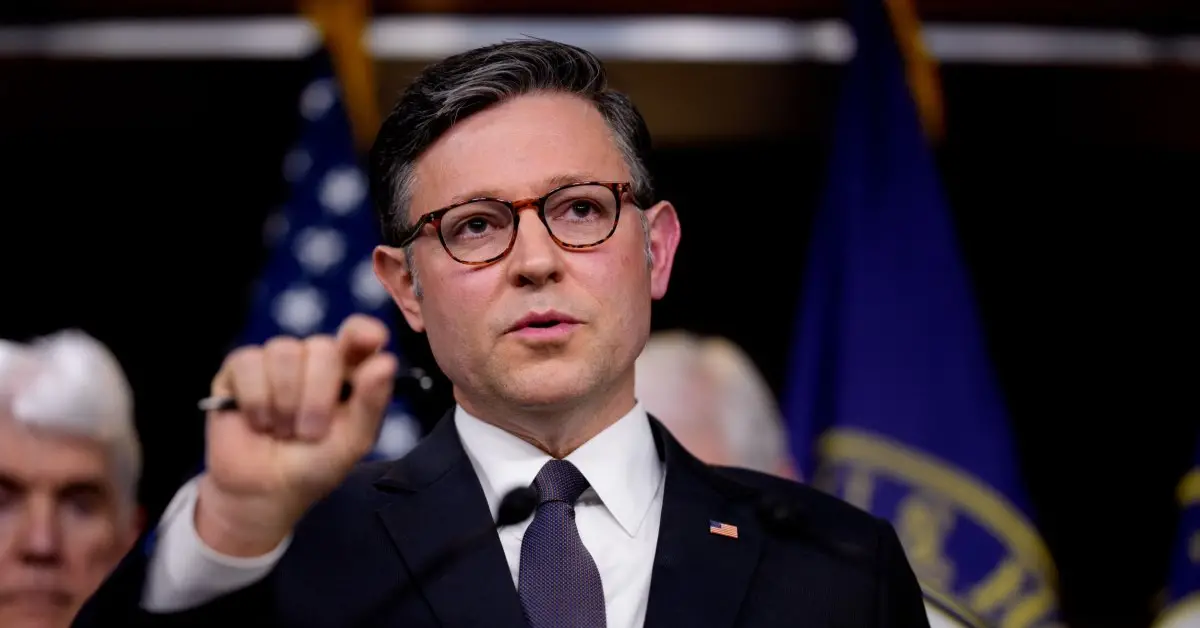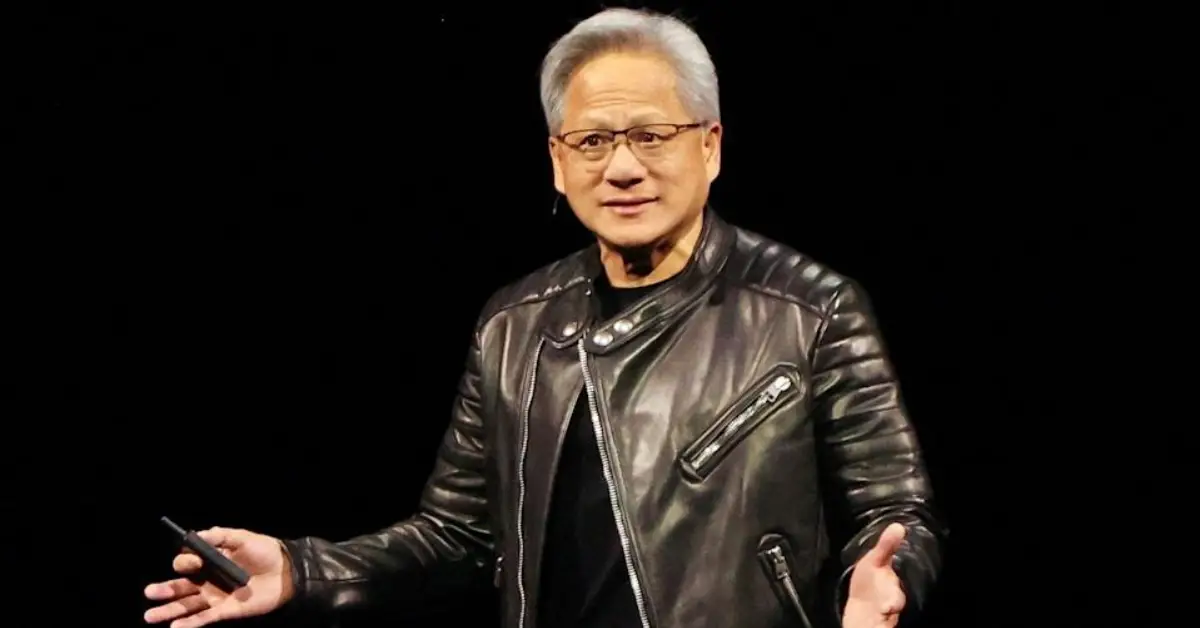Johnson has drawn attention to the looming Medicaid cuts affecting millions of Americans, particularly those who could face losing their health coverage in the coming months. According to Johnson, a staggering 4.8 million people are at risk of being removed from the Medicaid program due to new rules and requirements. However, he stresses that this loss is not inevitable—these individuals will only lose their benefits if they choose not to re-enroll or meet the necessary criteria for the program.
This statement has raised questions across the nation about how these changes will impact the health and well-being of millions of low-income individuals and families. Medicaid, a federal and state partnership that provides health insurance to low-income people, has been a lifeline for many Americans. With the threat of these cuts, there is growing concern over what will happen to those who rely on Medicaid for essential healthcare services.
The proposed changes come as part of efforts to reduce the federal budget and rein in the costs of public health programs. However, some argue that these cuts could do more harm than good, as millions could lose access to necessary treatments, medications, and healthcare services. Johnson’s message about the voluntary nature of these cuts offers a silver lining for those who may still be able to retain their benefits.
But there is a catch: beneficiaries must meet certain conditions to maintain their Medicaid coverage. Some states have already begun implementing stricter eligibility requirements, such as income verification and work requirements. Those who do not comply with these new rules may find themselves removed from the program unless they reapply or meet the updated guidelines.
For many Americans, the risk of losing Medicaid benefits represents not just the loss of health insurance but the potential for significant medical debt and delayed treatments. For people with chronic conditions, young children, or elderly family members, losing Medicaid coverage can be devastating. Health experts argue that losing coverage for low-income individuals would result in higher medical costs in the long term, as people may turn to emergency services for care rather than preventative or regular healthcare.
While the 4.8 million figure seems daunting, Johnson emphasizes that it’s not a foregone conclusion. Individuals who find themselves in danger of losing coverage can still take action to preserve their benefits. Medicaid recipients are encouraged to check their eligibility status, stay on top of renewal processes, and ensure that they meet the requirements set by their state.
The key factor that could prevent millions from losing their coverage is the re-enrollment process. Medicaid beneficiaries must regularly update their personal information, including income and household status, to ensure their continued eligibility.
Johnson’s statement implies that if people stay on top of these requirements, they can avoid losing their coverage. However, there’s a concern that many may overlook these necessary steps, especially as Medicaid recipients often face barriers to understanding the rules or have difficulty navigating the re-enrollment process.

In addition to re-enrollment, there are ongoing debates about the impact of these changes on the healthcare system overall. While Johnson points out that people who lose coverage are not being removed without recourse, the issue remains that many of those affected may struggle to reapply or may not have the resources to meet the new requirements. For example, those without reliable internet access or those who don’t have the time or ability to manage paperwork may find themselves unintentionally disqualified.
On the other hand, some policymakers argue that these changes could improve the Medicaid program’s efficiency, targeting resources toward those who are most in need. By requiring beneficiaries to prove ongoing eligibility, the program could eliminate waste and ensure that resources are directed toward individuals who truly require assistance.
Regardless of the stance one takes on the issue, it is clear that the 4.8 million figure represents a significant challenge for both individuals and the healthcare system. The fear of losing Medicaid coverage affects not only the individuals who depend on it but also the doctors, hospitals, and clinics that provide care to these patients.
Should these individuals lose their benefits, the burden on the healthcare system would increase, as uninsured individuals may seek care in more expensive settings, such as emergency rooms, which are not always the most efficient or effective places to receive treatment.
In response to these concerns, Johnson has urged states to work closely with beneficiaries to ensure they understand the re-enrollment process and help them navigate any challenges. Additionally, he encourages those at risk of losing their benefits to explore other healthcare coverage options, including marketplace insurance plans, where available. The goal is to minimize the disruption for these individuals, keeping them covered and ensuring that they do not fall through the cracks of the system.
The situation remains fluid, and it is clear that the future of Medicaid is a topic of significant concern. Whether the 4.8 million individuals will ultimately lose their coverage depends on a variety of factors, including state policies, individual actions, and the ongoing debates over the future of the program.
However, one thing is certain: Medicaid recipients need to be vigilant and proactive in ensuring that they meet the necessary requirements to keep their benefits. While the risk is real, Johnson’s message offers a reminder that these individuals are not without options and that with the right steps, they can avoid losing access to the healthcare they need.




